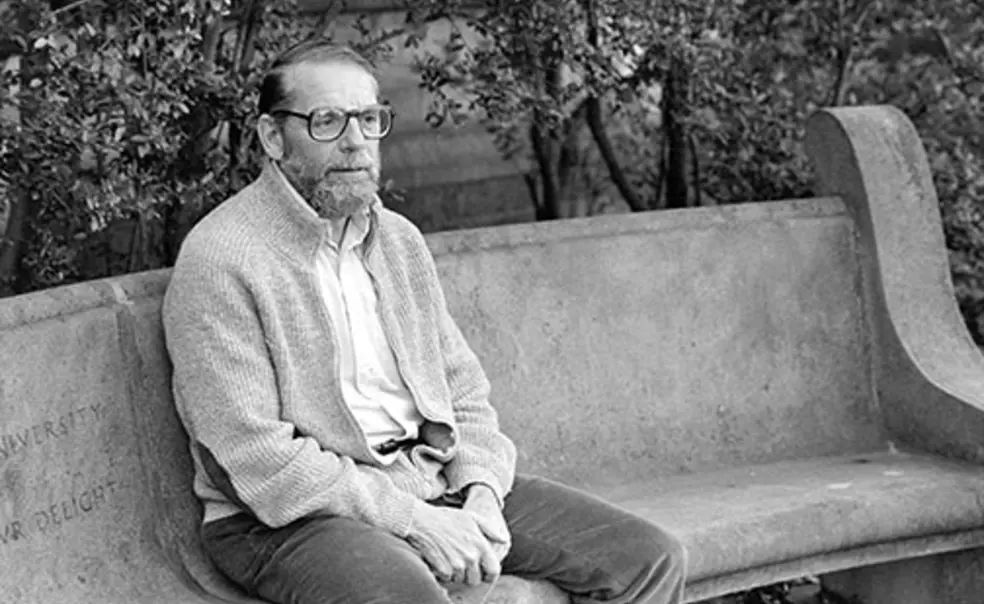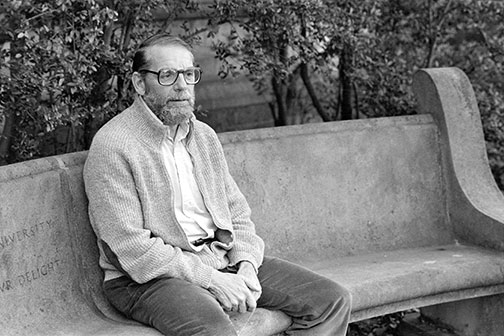From the Editor
The job of being PAW’s editor has many perks, the best of which comes about once each year: lunch with John McPhee ’53. Who would not enjoy talking about writing, stories, and ideas with one of the world’s best journalists? We usually eat at a Japanese restaurant near the PAW office, but the food hardly matters — the conversation does.
On Nov. 12, McPhee will deliver a public lecture at Princeton; next semester, he will mark 40 years as a professor. Many of his students have followed his example and become world-class journalists themselves, and PAW asked one of them, Washington Post writer and PAW’s former advisory-board chair Joel Achenbach ’82, to describe what it was like to study with such a teacher (see page 28). McPhee’s influence was so strong that decades later, many of the alumni Achenbach spoke with still refer to their class notes and recall McPhee’s criticism — pointed but never hurtful — when they are writing. Over the years, many of McPhee’s students have worked as PAW campus columnists.
McPhee’s relationship with PAW began in 1952, when he took on the student-columnist job. Week in and week out — for in those days, the magazine took its name literally — McPhee wrote a full page about life at Princeton: freshman-sophomore mayhem (which McPhee managed to tell in an entertaining way despite 15 undergraduates being injured); the demise of Nassau Street hot-dog vendors; the appearance of a Fuller Brush Agency to supply mops and brooms after the University ended professional cleaning of student rooms.
How’s this — reported Oct. 17, 1952 — for action: “At 12:30 a.m., Saturday, Oct. 4, some 30 sophomores attacked the room in Patton Hall of Russell Whitney ’56. Whitney, president of the Freshman Council, had not only locked his door but also had nailed cross braces to the frame. The sophomores nevertheless persisted. ... Using three cubic feet of solid marble, 1955 annihilated Whitney’s door, tearing the door jam from the wall.
“Meantime, Whitney had not been idle. He escaped down three flights’ worth of knotted sheets and went into hiding, using the closets of trusted friends. By remaining hidden and fasting through the breakfast and lunch hours, he was able to lead his class in the traditional first-home-game march to the stadium ... .”
I attended Princeton as a graduate student, and so I was not lucky enough to take McPhee’s undergraduate course. But I did have a professor, Bill Glavin, at Syracuse University, who had a similar influence on his students. Years later, I brought him a copy of McPhee’s book The Founding Fish, inscribed by the author to a fellow professor and fisherman. Time and again, Glavin had encouraged us to read the writing he so loved. Leading the list was A River Runs Through It, Norman Maclean’s memoir about his life in a family in which “there was no clear line between religion and fly-fishing.” And “anything by John McPhee.”













No responses yet